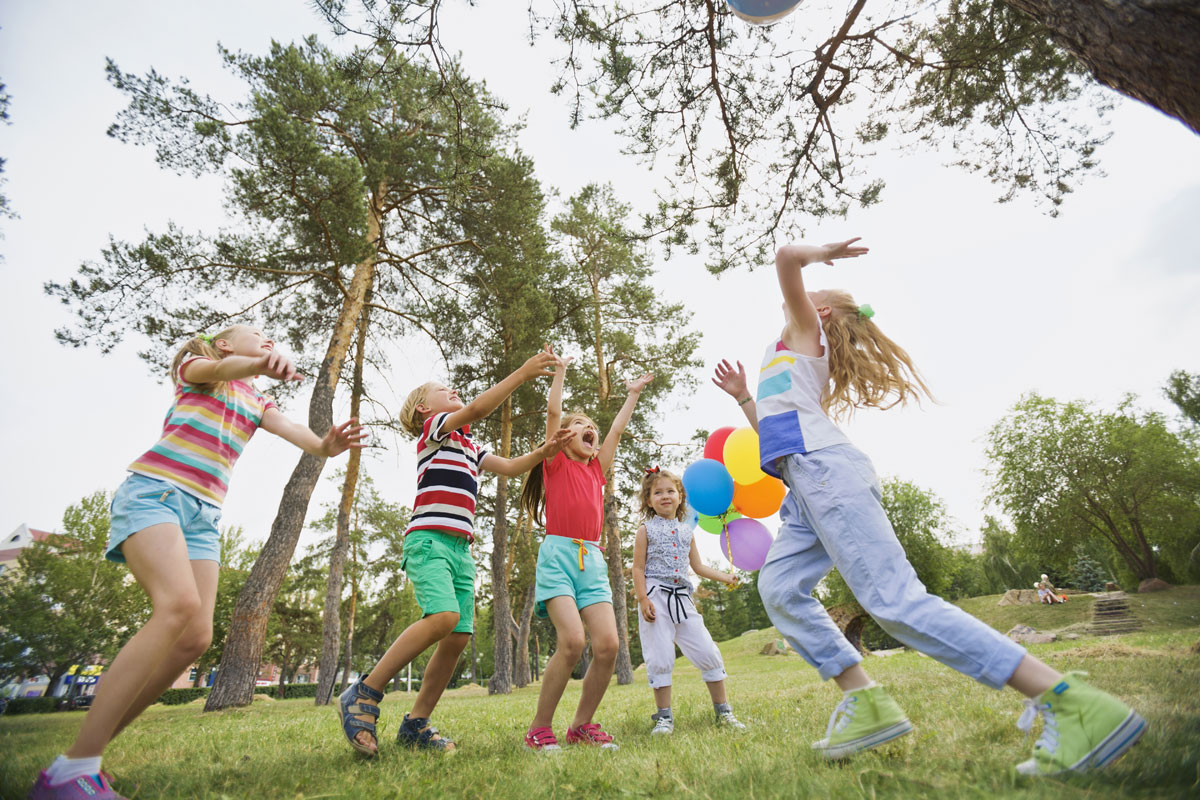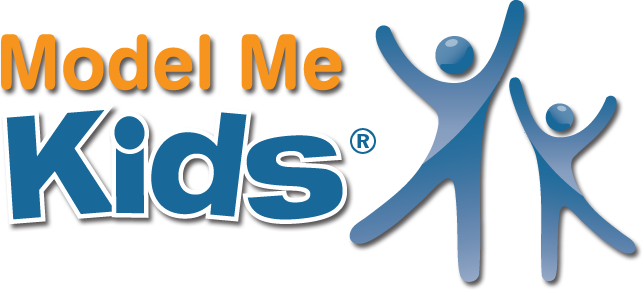
Model Me Tracker™
Data Collection
Our downloadable data collection tracker complements the video modeling curriculum to create a robust tool for teaching social skills through evidence-based practice. Great for collaborating with colleagues and for IEP meeting information sharing.
For PC/Mac
**Currently all data is collected in our Teaching Manuals. See Mastery Chart sample.
Coming Soon! Approximate release date: Winter 2025
Watch Preview

Collect
A downloadable data tracker that aligns with the Model Me Kids® videos to create a personalized roadmap of growth for each student.

Share
Foster collaboration by sharing student data with educators, therapists, and support networks.

Maximize
Analyze data to tailor instruction to individual learning styles, and modify interventions to address specific needs.
Student Privacy
Model Me Kids™ understands the sensitivity of student data. We do not collect, store, or share any student data. All data generated within the application remains securely stored locally on your device. Your privacy and data security are our top priorities.


Data Collection Autism
In the realm of education, especially for students with autism, data collection emerges as a powerful tool in enhancing social skill development. The importance of systematically gathering and analyzing data lies in its ability to provide educators with insights. Our data collection tool tracks individual strengths, challenges, and progress, forming the foundation for tailored interventions.
Effective social skills are integral for navigating the complex social landscape. For students with autism and developmental disabilities, targeted teaching is essential. Data collection allows educators to identify specific social skills deficits, pinpointing areas that require attention. By utilizing observational data, educators can gain a nuanced understanding of a student’s social interactions, communication patterns, and responses to various social cues.
Evidence-Based Practice
Moreover, data-driven decision-making enables educators to design and implement evidence-based interventions. Tracking the efficacy of interventions over time through systematic data collection allows for adjustments and refinements, ensuring that teaching strategies are finely tuned to the unique needs of each student. This personalized approach maximizes the impact of social skills instruction. It also fosters a supportive learning environment.
Additionally, data collection provides a means to celebrate progress, both big and small. Recognizing and reinforcing positive social behaviors encourages continued growth and motivates students. It also helps educators communicate effectively with parents and other stakeholders. Sharing data enhances collaboration in the shared goal of promoting social development.
In essence, data collection in teaching social skills to students with autism serves as a compass, guiding educators towards tailored interventions and fostering a supportive environment where individuals can thrive socially and academically.
